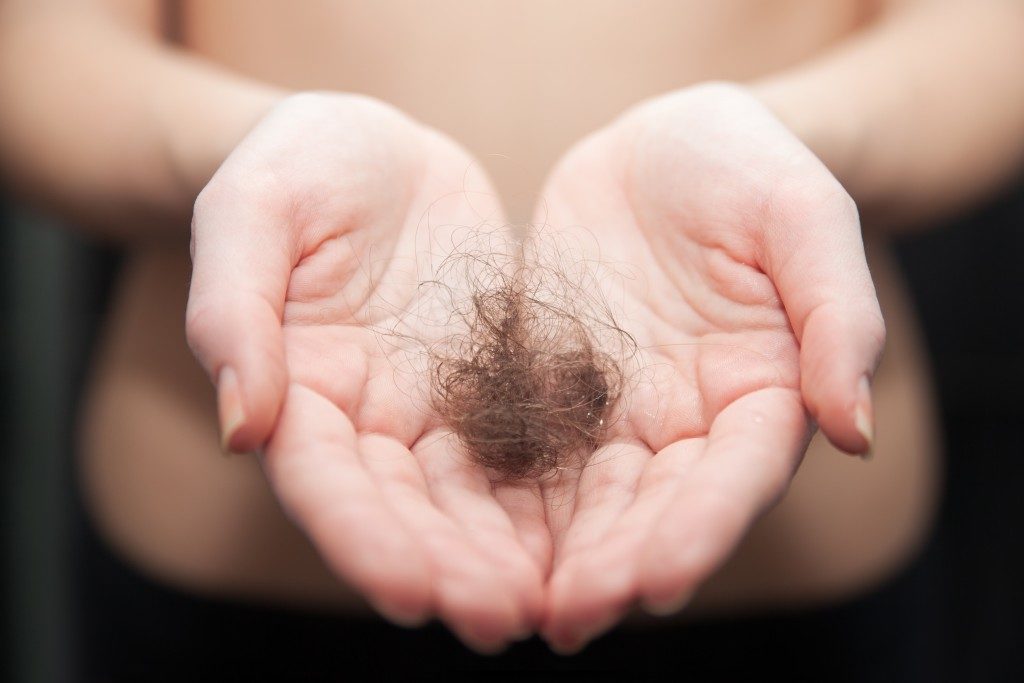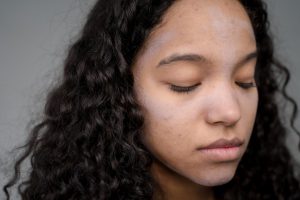Have you noticed any extra hair on your brush or pillow? Do you see any little bald spots when you look in the mirror? Chances are you might have alopecia areata. Alopecia areata is an autoimmune disease that causes your immune system to attack your body. When it comes to alopecia areata, it’s your hair follicles that are getting attacked. It causes the person’s hair to fall out in clumps.
The amount of hair differs in every person. Some people tend to lose in a few spots, while others lose a lot. But on rare occasions, a person can lose the entire hair on his head or even his whole body. There are also times when a hair grows back only to fall later while there are others who tend to grow their hair back permanently.
Finding a cure for alopecia
Scientists have yet to find any cure for alopecia areata. But there are several treatments for it so that the hair can grow back.
Some people use corticosteroids to treat their autoimmune disease. These are anti-inflammatory drugs that get injected into the scalp or any other areas in the body that needs treatment. Doctors also give it in a pill form or rub it onto the skin as a cream, foam or ointment. Although it’s practical, it usually takes a considerable amount of time to work.
Another treatment available for people with alopecia is topical immunotherapy. Doctors apply chemicals to the scalp to help trigger an allergic reaction, which causes the hair to grow back. Patients who go through this treatment can experience itchiness around their scalp.
Some patients use Minoxidil to treat their condition. WebMD says that people often use it for pattern baldness and usually takes at least 12 weeks to see visible results.

Living with alopecia
Aside from the aesthetic aspects that it brings, the hair also brings a layer of protection against the elements. But since people with alopecia areata no longer have its protective qualities, they need to ensure that they wear sunscreen all the time. They also need to bring wraparound glasses with them to protect their eyes from the heat of the sun as well as the debris that may irritate their eyes.
Medical News Today also suggests bringing hats and wigs to keep them warm when it’s cold or protect their head from heat. For people who are conscious about it, undergoing a full micropigmentation in Las Vegas can help give them the illusion of growing hair. Another way is to add protection is to use ointment inside the nose to keep the membranes inside moist.
Alopecia areata doesn’t make people sick, and it’s also not contagious. But people suffering from it can find it challenging to adapt. For most people, it’s a traumatic disease that can affect them emotionally. There are several support groups as well as counseling sessions that are readily available for people suffering from alopecia areata. It’s an ideal place where they can share their thoughts and emotions without any judgments. Attending these kinds of sessions can help them cope with their disease to help them live healthy lives.





